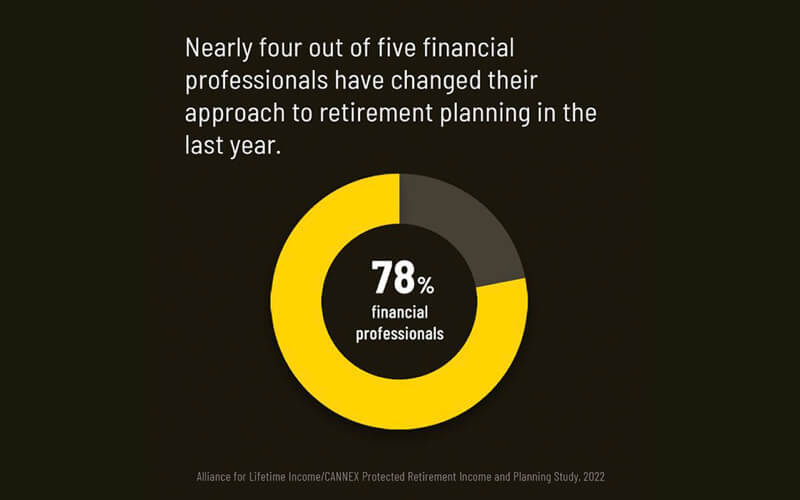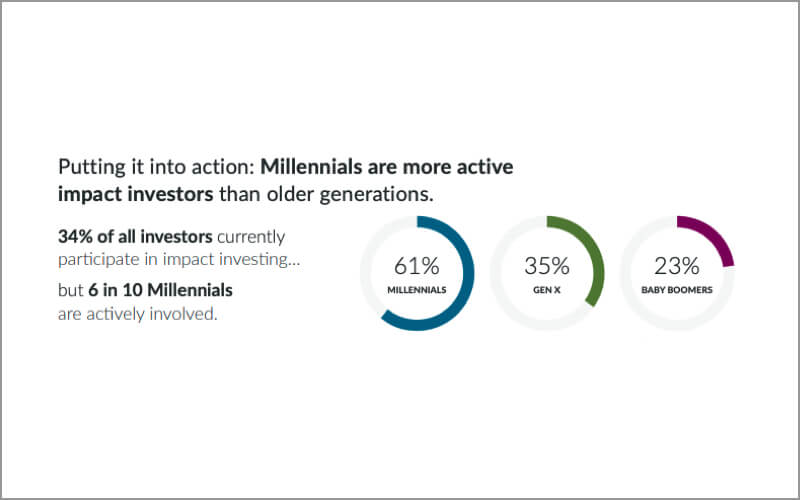With the abundance of information out there, consumer healthcare decision making and the “steps to a healthy life” can feel like Penrose stairs.
Climbing an endless staircase is one way to get fit. But does it count if you aren’t wearing your Fitbit?
Some view fitness trackers as fun ways to stay motivated while working toward exercise goals, even allowing for friendly competition. For others, including humorist David Sedaris, they can become an obsession. Quartz recently published a story about a woman, Kaila Prins, who overdid it during an office fitness challenge that used the Nike Plus app—and ended up with nerve damage. She had struggled with eating disorders, but now has a healthier relationship with fitness as a health and wellness coach. However, Prins maintains, “We know too much about our bodies, which is why we don’t know anything about our bodies. What is our humanity when we lose our intuition?”
In fact, a recent Mayo Clinic study found that only 2.7% of Americans were leading a healthy lifestyle.
This could be due, at least in part, to the availability of more information about health from more sources than ever before. We hypothesize that this leaves many Americans feeling anxious and lacking confidence in the consumer healthcare decision making process. This is one of the elements we’re measuring in our MAPTM study.
Take food as another example. Eating is not a simple activity in current-day America.
Even those with the resources to fill their cupboards and refrigerators with healthy foods may be stockpiling the wrong things or preparing them incorrectly. On the reverse side, they may be avoiding foods that they had heard were unhealthy but are no longer considered to be so.

Amongst this muddle, the obesity epidemic continues to plague our nation.
What is to be done? It’s always been difficult to determine, comprehensively, how people decide what to eat. There are simply too many factors.
The Kavli HUMAN Project is one example of an attempt to address this question using big data. The researchers plan to follow 10,000 diverse New Yorkers over a period of ten years, in order to measure all facets of their lives.
According to Fast Company, “if the Kavli Human Project combines geo-located food shopping and consumption data with health biomarkers with financial details and other data, obesity experts say this will be a ‘first-of-its-kind bio-behavioral, economic, and cultural atlas of diet quality and health for New York City’ that can help them make breakthroughs.”
This sounds like a fascinating study, and we look forward to the results here at Artemis.
Still, we won’t have them until 2027.
We’re interested in how Americans feel about their personal health at an individual level today. How do these beliefs influence consumer healthcare decision making, from using fitness wearables to which nutritional supplements to take? How are people’s lives being affected by our current societal circumstances?
That’s why we are conducting our MOTIVATIONS ASSESSMENT PROGRAM (MAPTM)—to ask these types of questions. We look forward to sharing our analysis of the results with you this summer. We hope they will inspire productive tools to help Americans live healthier lives.



